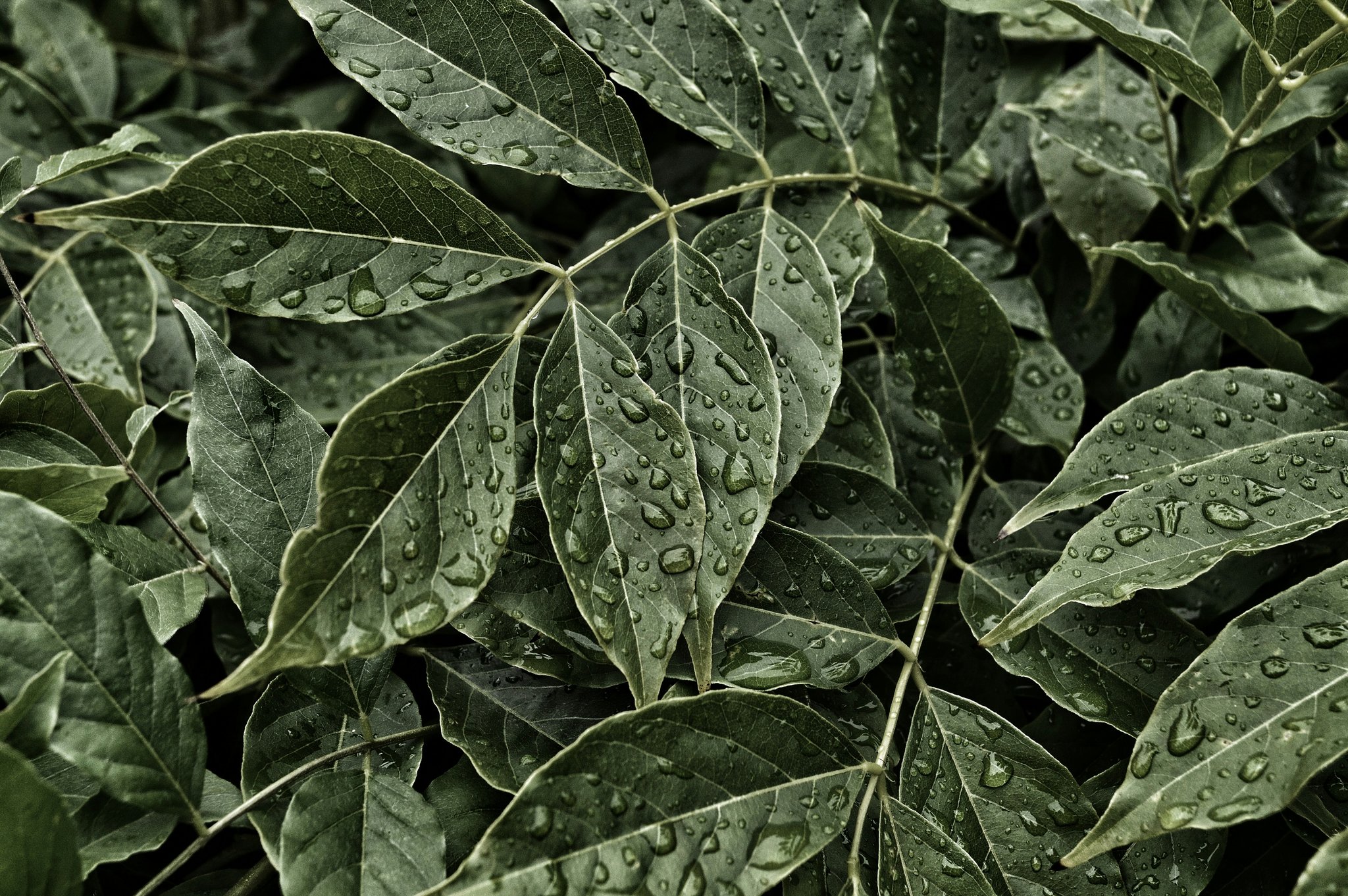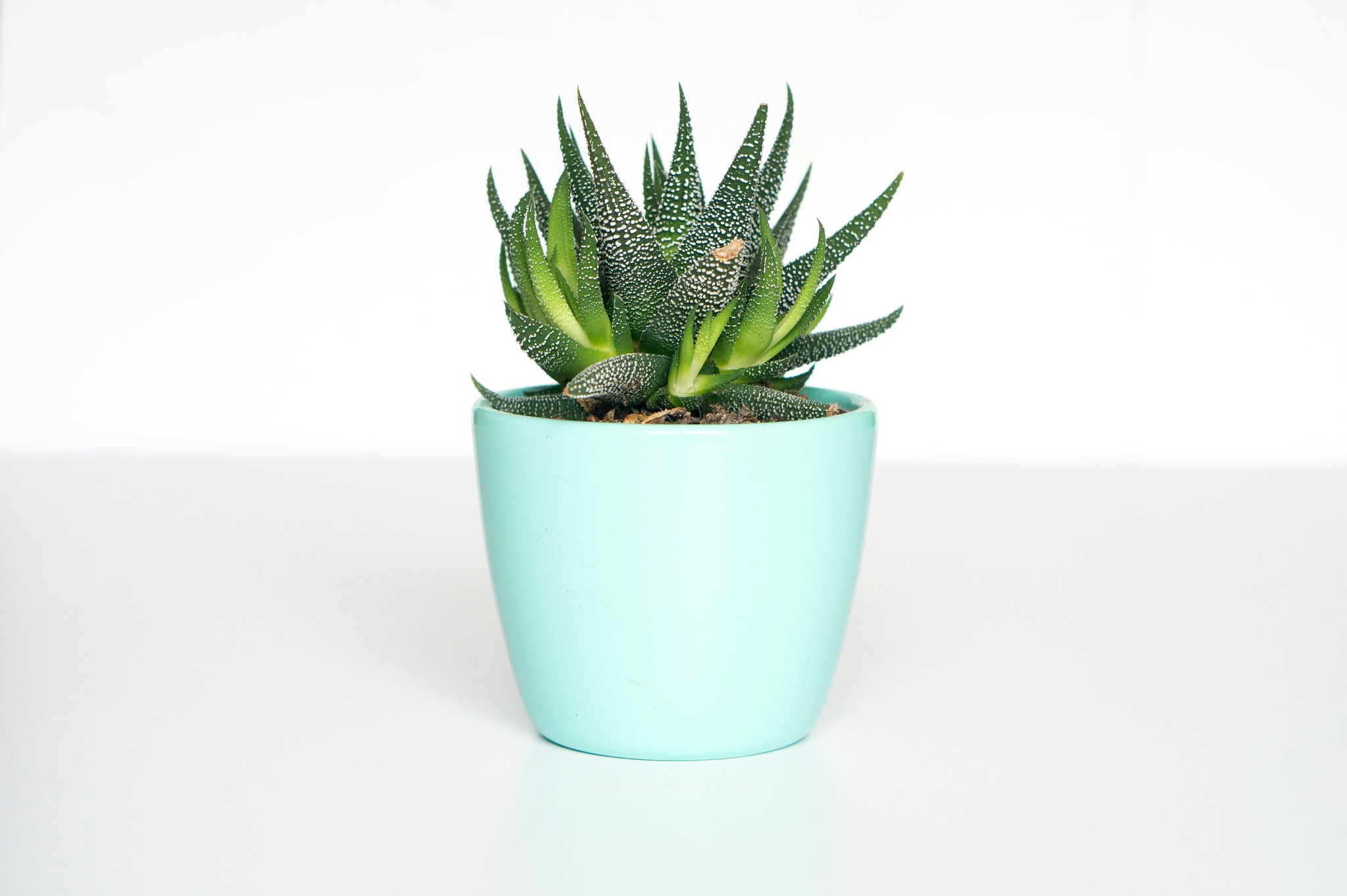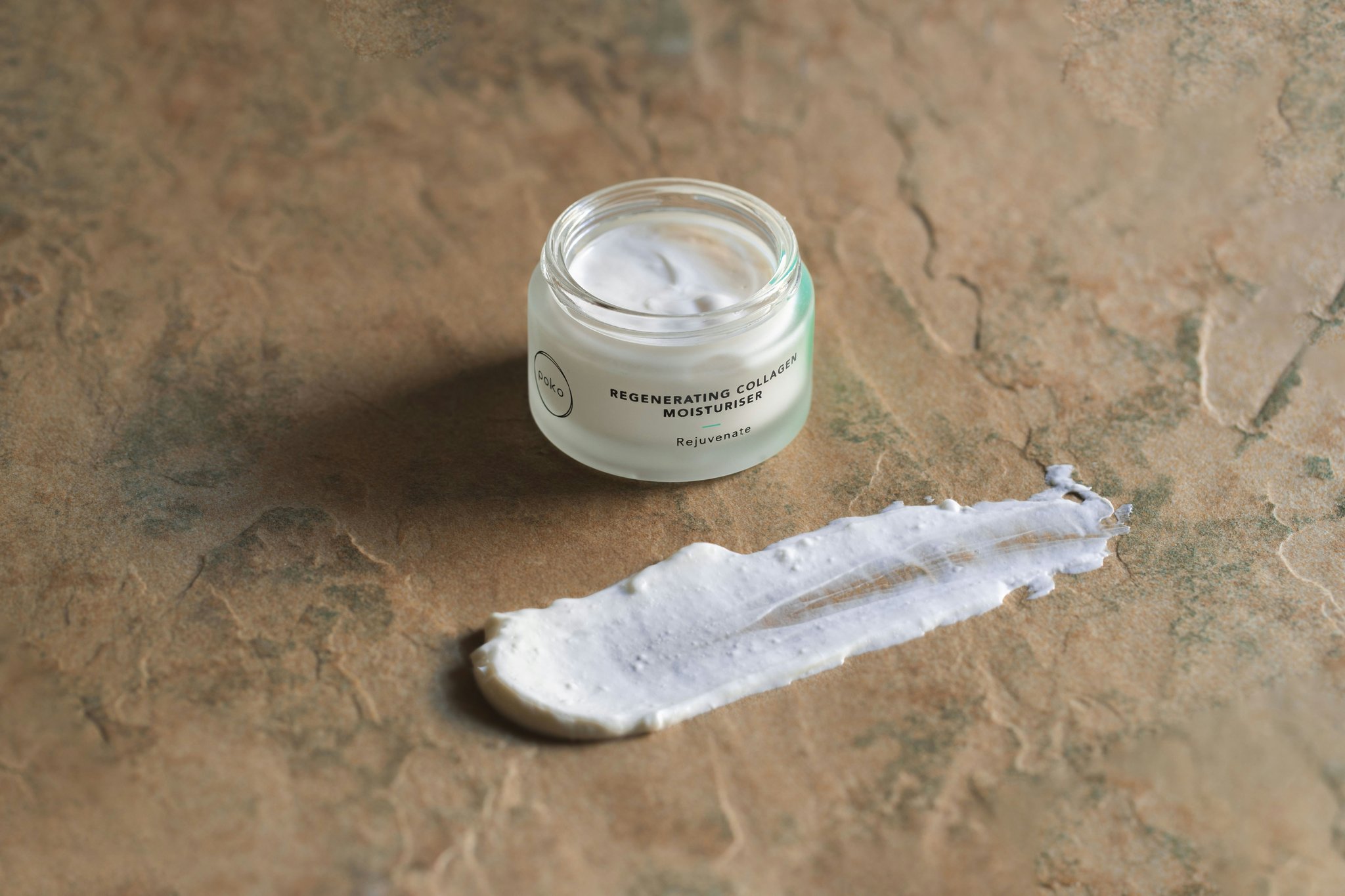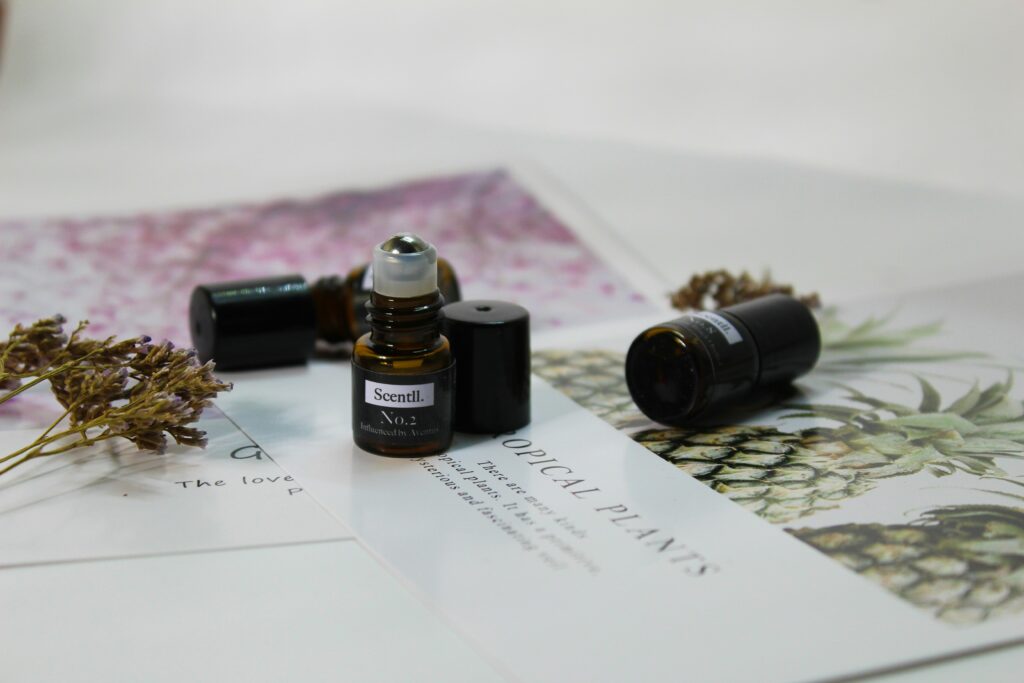Ever slathered on a moisturizer only to feel like your skin is suffocating under a layer of chemicals? Yeah, we’ve been there too. What if we told you there’s a solution that feels like giving your face a sip of fresh lemonade on a summer day—natural, refreshing, and oh-so-hydrating?
In this post, we’re diving deep into the wonders of plant-based skin gel, the holy grail of organic moisturizers. We’ll explore why ditching synthetic lotions for plant-based alternatives could be the best decision your skin ever makes. You’ll uncover what they are, how to choose the right one, and even some sneaky mistakes to avoid along the way.
Table of Contents
- The Problem with Traditional Moisturizers
- What Makes Plant-Based Skin Gel So Special?
- How to Choose the Perfect Plant-Based Skin Gel
- Top Tips for Using Organic Moisturizers Effectively
- Real-Life Success Stories
- FAQs About Plant-Based Skin Gel
Key Takeaways
- Synthetic moisturizers often clog pores and irritate sensitive skin.
- Plant-based skin gels hydrate naturally without harsh chemicals.
- Choosing the right product involves understanding ingredients and skin type.
- Proper application techniques can boost effectiveness.
- Real users rave about visible improvements after switching to plant-based options.
The Problem with Traditional Moisturizers

Cue confessional fail moment: I once bought a fancy moisturizer because *duh*, it had “clinically proven” stamped all over its packaging. Fast forward two weeks, and my face was an angry red canvas straight out of a Picasso painting. Turns out, the parabens, sulfates, and artificial fragrances were throwing my skin into chaos-mode.
If you’ve experienced breakouts, dryness, or irritation from conventional creams, you’re not alone. Studies show nearly 60% of women have reported adverse reactions to skincare products containing synthetic ingredients. That whispery promise of “glowing skin“? Sounds more like your laptop fan during a 4K render—whirrrr—with no payoff!
What Makes Plant-Based Skin Gel So Special?

This strategy is chef’s kiss for drowning out toxic formulas. Unlike their chemical-laden counterparts, plant-based skin gels use nature as their secret weapon. Ingredients like aloe vera, hyaluronic acid derived from plants, and green tea extract work together to soothe, protect, and nourish.
“Optimist You:” These goodies restore your skin barrier naturally!
“Grumpy You:” Ugh, fine—but only if coffee’s involved.
Aloe vera, for example, has anti-inflammatory properties, making it ideal for acne-prone skin. Green tea? Packed with antioxidants, it fights free radicals while boosting collagen production. It’s basically a spa day bottled up!
How to Choose the Perfect Plant-Based Skin Gel

- Read the Label: Look for phrases like “certified organic,” “non-GMO,” and specific plant-based active ingredients. Avoid anything with long chemical names you can’t pronounce.
- Match Your Skin Type: Oily skin thrives on lightweight, gel-based formulas, whereas dry skin might prefer thicker textures packed with shea butter.
- Patch Test First: No matter how natural, every product reacts differently. Patch test behind your ear before full application.
Bonus pro tip? Always opt for glass packaging—it preserves quality better than plastic, which can leach toxins.
Top Tips for Using Organic Moisturizers Effectively
- Less Is More: A pea-sized amount goes a long way. Over-applying won’t speed up results; it’ll just waste product.
- Layer Correctly: Apply toner first, then serum, and finally seal everything with your plant-based skin gel.
- Consistency Matters: Like brushing your teeth, daily use is key to seeing transformative results.
One terrible tip? Thinking overnight fixes exist. Rome wasn’t built in a day, neither will your glowing complexion.
Real-Life Success Stories
Meet Sarah, a self-proclaimed skincare skeptic who switched to plant-based solutions last year. Her testimonial reads, “I couldn’t believe it when my acne disappeared within months! My skin feels alive again.”
Another user, Alex, shared his journey battling eczema. Switching to an organic moisturizer reduced flare-ups significantly, helping him reclaim confidence.
FAQs About Plant-Based Skin Gel
Are plant-based skin gels suitable for all skin types?
Yes! Whether oily, dry, combination, or sensitive—there’s a formulation tailored to your needs. Just research thoroughly.
Do plant-based options cost more?
Not necessarily. While premium brands may charge a premium price, affordable yet effective options do exist. Think drugstore versus artisanal bakery bread—they both get the job done!
Can I mix these gels with other products?
Absolutely. Mix them with serums or oils to amplify hydration. Just ensure compatibility (e.g., don’t combine overly rich creams).
Conclusion
The verdict’s clear—plant-based skin gel isn’t just a trend; it’s a revolution for healthier, happier skin. By embracing natural ingredients, you’re treating yourself—and Mother Earth—with love. So go ahead, pamper yourself. Your skin deserves nothing less.
And hey, remember: Like AIM messaging back in the early 2000s, good skincare requires patience and consistency. Cheers to glow-getting adventures ahead!
Haiku Moment:
Fresh leaves, dewy dawn,
Skin drinks earth’s nectar—pure bliss;
Nature’s hug restored.


